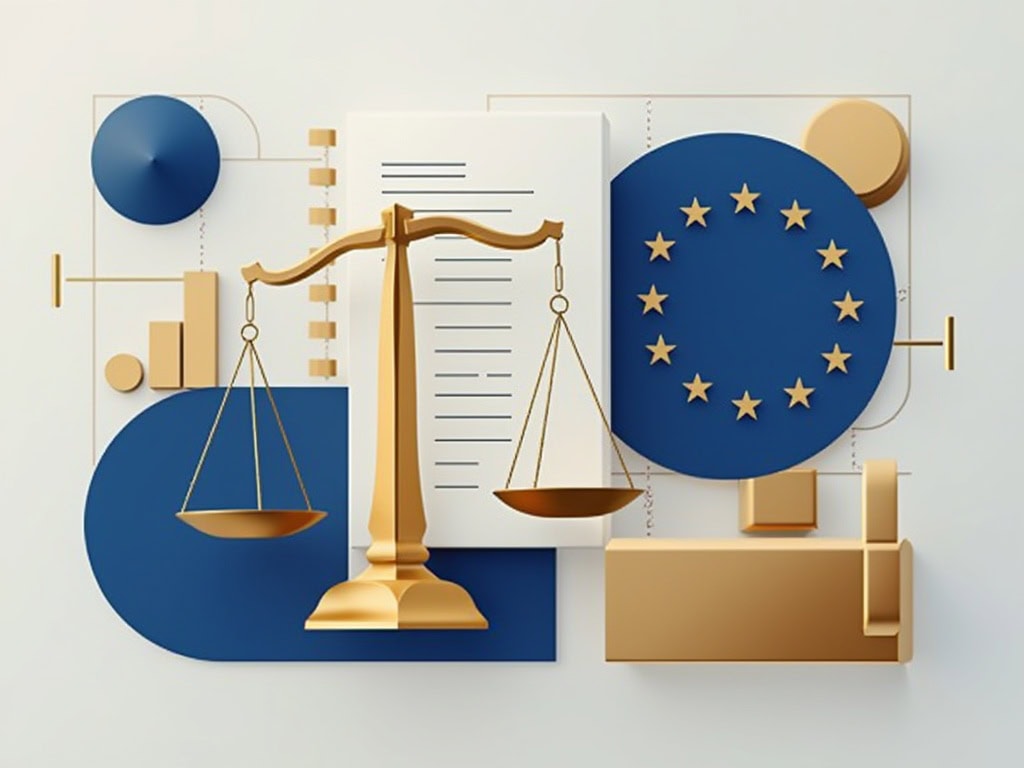Meta and TikTok Win Legal Battle: EU Supervisory Fee Structure Needs Overhaul

Meta and TikTok Score Victory in EU Supervisory Fee Challenge
Meta and TikTok achieved a significant legal victory as a Luxembourg-based General Court ruled in their favor regarding the European Union's controversial supervisory fee structure under the Digital Services Act (DSA). This ruling highlights the increasing complexity of data privacy regulations in global digital markets.
The court determined that the European Commission's methodology for calculating supervisory fees, which charges platforms 0.05% of their annual worldwide net income, is fundamentally flawed and requires restructuring through proper delegated acts.
Current Fee Structure and Its Flaws
The existing fee system, implemented in 2022 as part of the DSA, was designed to finance EU regulatory enforcement efforts. However, the revenue-based calculation method proved problematic as it didn't correlate with actual regulatory workload. For platforms focused on implementing effective TikTok business marketing strategies, this created additional financial burden without proportional benefits.
Regulatory Impact Assessment
- Platforms with larger user bases, potentially requiring more oversight, might pay less than smaller platforms with higher revenue
- The system lacks clear correlation between fee structure and actual supervision costs
- Implementation challenges affect both established and emerging platforms
Legal Implications and Future Impact
The court's ruling highlighted several critical issues:
- The fee calculation methodology requires formal adoption through delegated acts
- Current implementation through implementing decisions is insufficient
- The system fails to properly account for platform size and supervision requirements
Risk Management Considerations
Companies must now adapt their technology risk management strategies to address these regulatory changes while maintaining compliance with existing frameworks.
Political Ramifications and International Relations
The ruling has broader implications for U.S.-EU relations:
- Meta has sought support from the Trump Administration against EU regulations
- The White House has threatened retaliatory action against EU Commission fines
- Tech companies are increasingly challenging complex DSA rules
For more detailed information about the DSA and its implications, visit the Official European Commission DSA Page.
The EU Commission is expected to develop a new fee calculation mechanism that better aligns with platform supervision requirements while maintaining compliance with DSA guidelines. This development will significantly impact digital platforms operating within the European market and shape future regulatory frameworks globally.

